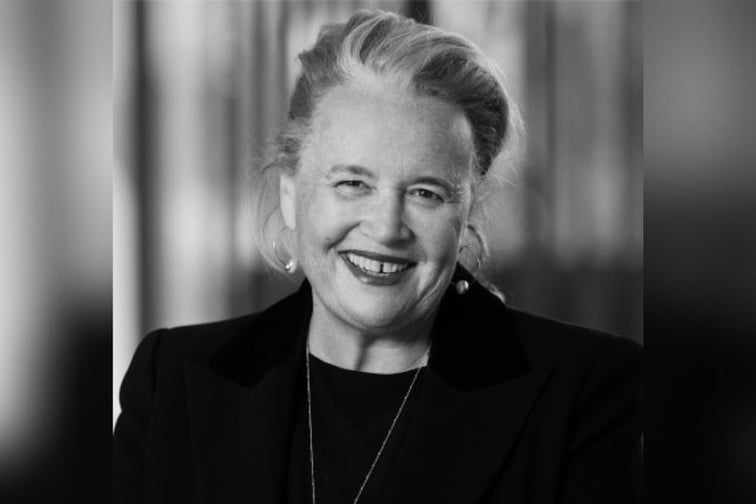

In an Insurance Business interview, insurance law specialist Gillian Davidson (pictured above), a senior commercial insurance partner with Sparke Helmore Lawyers, expressed sheer joy at what she called her ‘‘brilliant career”.
“It’s been a brilliant career, it’s been a fantastic journey and insurance law is really a very interesting and important area of law,” she said. “I’ve loved it!”
Sydney-based Davidson, who has nearly four decades of industry experience, suggested her appreciation for ideas and creativity attracted her to the legal profession.
“Why did I become a lawyer? I just think I enjoyed words, reading and arguing!” she said. “I was curious about the match of those things, so law was a natural fit for me.”
The insurance world came next. IB caught up with Davidson while she was in the UK visiting clients, including at Lloyd’s of London.
“How did I fall into insurance?” she said. “It’s really interesting, because I’ve been having conversations here in the London market with market leaders and insurance people across the sector and I can tell you that I don’t think there’s a single person who’s in insurance who chose to be in insurance.”
Davidson said like many practitioners of insurance law, she fell into it and never left. However, she suggested she was lucky to have found this area of law.
“Insurance is one of those [industries] that hasn’t really been able to kind of pop its head up above the parapet to say, ‘Here we are!’” she said. “But people who do stumble into it, I think, don’t leave.”
Davidson said the difficulty for insurance law is that it doesn’t have an adequate narrative or story about itself to attract people into the profession.
“Everybody goes, ‘I want to do M&A, or perhaps I want to be a criminal lawyer,’ or these days it’s, ‘I want to be an environmental lawyer,’” she said. “These classes of law are easier to understand.”
Davidson is a senior commercial insurance partner at Sparke Helmore, advising global insurers, corporations and governments in relation to their risks and claims.
“My specialty is in relation to third parties,” she said. “So either third parties have caused the collapse of buildings or have caused fires, or perhaps there’s floods, or there’s personal injury that occurs to a person and they will sue my client.”
Davidson said the retail, transport and government sectors are three diverse areas that generate much of her work. She also specialises in the abuse space.
“I act for a lot of not for profits and faith-based organizations and I’ve advised insurers on legacy claims,” she said. “That’s a very difficult and sensitive area and I have sat on a lot of boards and can advise institutions on how to best respond and support survivors in those circumstances.”
Davidson said one big change in the insurance law space over the last two decades is the move away from settling matters inside the court room.
“I think we’ve moved from litigation to dispute resolution,” she said. “90% of my time is spent resolving claims and nothing goes to court, so that is very different.”
Davidson said there is still a litigation process but her role focuses on dispute resolution through methods including mediation and informal settlement conferences.
“That’s how the outcomes are achieved,” she said. “Whereas when I started practicing, I had lots and lots of matters that that went all the way through [to court].”
Davidson said this is a positive change for insurers.
“From an insurer’s point of view, they have greater certainty sooner because they have matters resolved and that’s better,” she said. “There are all sorts of things that can happen in a hearing process that would mean an outcome was different to what you expected.”
Davidson said this certainty around both the outcome of the legal process and legal fees allows insurers to contain costs.
“They would be two really strong advantages,” she said.
In the insurance sector, Davidson said, there is also closer partnering between lawyers and their clients today than in years past.
“We are more closely aligned to what the client’s objectives are and how we can help them,” she said. “That’s what you have to do in order to be successful.”
Do you practice insurance law? What do you see as the big changes in recent years? Please tell us below
